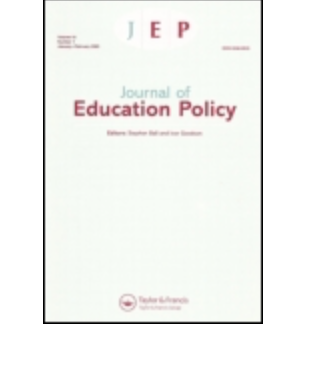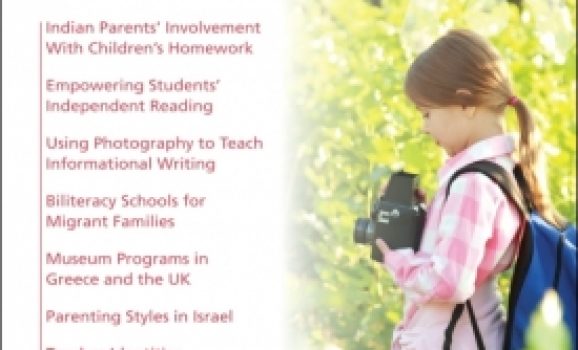Education Policy and the 'Inter'-regnum

In the UK, the vocabulary of public services is becoming infused with the prefixes ‘inter’-, ‘multi-’ and ‘co-’. Public-sector agencies are being encouraged to adopt ‘multi’- or ‘inter-agency’ configurations; ‘workforce reform’ seeks to dissolve once-impermeable professional boundaries; leadership is to be ‘distributed’. This tendency is referred to as the ‘inter’-regnum in education policy. (This does not mean that we are dealing with an ‘interregnum’ in the sense that we are modes of governance.) The term ‘regnum’ is used to emphasise that this propensity for the ‘inter’ is asserting itself as a new ‘reigning philosophy’. Examples of the ‘inter’-regnum are presented from the UK (mainly England), and these are located conceptually within an analysis of hierarchies, markets and networks. Thereafter the cultural, intellectual and economic contexts which allow for the ‘inter’-regnum to emerge as policy are explored. The ‘inter’-regnum draws its legitimacy from a number of sources. First, it resonates with the culture of consumerism, and it takes further that earlier market-based regime of governance which was associated with the new public management. Second, it is functional for the ‘new capitalism’ as a new work order of affinity- and solution-spaces. Third, it has important intellectual supports: that is, in addition to its association with recent marketing theory, it can appeal to emerging theory and research in organisational learning.

